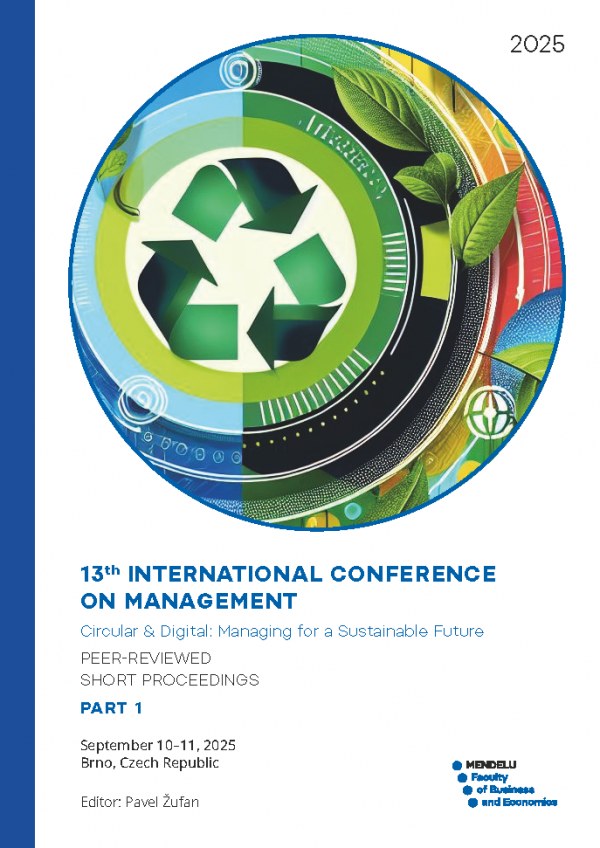
DOI: 10.11118/978-80-7701-042-9-0014
THE FOOD SERVICE IMPROVING IT’S QUAILITY IN SCHOOL CATERING INNOVATION PROCESS
- Csaba Bálint Illés1, Anna Dunay1, András Bittsánszky1, Attila Korenika1
- 1 John von Neumann University,Doctoral School of Management and Business Administration
Based on the research, it can be concluded that improving the quality of school catering does not depend solely on technological developments or economic investments, but requires a complex, systemic change in approach. Based on the feedback from students, parents and school staff, the quality of service is influenced not only by the taste and composition of the food, but also by the dining environment, the method of service and knowledge about healthy nutrition. The qualitative and quantitative results show that the public catering system could be improved in several ways: for example, by increasing the flexibility of menus, involving local producers, and actively taking into account children‘s needs and feedback. In addition, the role of school communities – especially teachers and parents – is crucial in shaping the food culture. The study also confirms that innovation does not only mean the introduction of technical tools (e.g. digital menus, nutrient calculation systems), but also organizational and attitudinal changes that make public catering more sustainable and child-centred in the long term. Overall, the research can contribute to the development of a modern public catering model that can simultaneously meet health, pedagogical and environmental expectations.
Keywords: policy, sustainability, innovation, healthy lifestyle
pages: 14-15, online: 2025
References
- Kiss, A., Pfeiffer, L., Dominek-Hajdu, Z., Soós, S., Tompa, O. 2023. Hogyan látják az élelmezésvezetők az iskolai közétkeztetést? Kerekasztal-beszélgetés kvalitatív tartalomelemzése a menzáról. In: Báti, A. (ed.). Menzadimenziók. A gyermek-közétkeztetés társadalmi beágyazottsága. (Néprajztudományi Könyvtár 2.) Budapest: BTK Néprajztudományi Intézet, pp. 285-313. https://doi.org/10.61380/978-963-567-072-7-13
 Go to original source...
Go to original source... - Tóth, A.J., Dunay, A., Illés, C. B., Battay, M., Bittsánszky, A., Süth, M. 2023. Food liking and consumption in schools: Comparison of questionnaire-based surveys with real consumption. Food Quality and Preference. 103(January), 104692. https://doi.org/10.1016/j.foodqual.2022.104692
 Go to original source...
Go to original source... - Illés, C. B., Tóth, A. J., Dunay, A., Lehota, J., Bittsánszky, A. 2018. Evaluation of food safety knowledge and microbial status of food contact surfaces in schools. Journal of Food Safety. 38(4), e12480. https://doi.org/10.1111/jfs.12480
 Go to original source...
Go to original source... - Food Control Group. 2020. A gyermekétkeztetés élelmiszerbiztonsági és - minőségi kihívásai. Food CTRL [cit. 25-04-09]. https://foodcontrol.hu/a-gyermeketkeztetes-elelmiszerbiztonsagi-es-minosegi-kihivasai
- Kelemen, K. 2023. "Menzapiac". A kereslet és a kínálat tipikus jellemzői. In: Báti, A. (ed.). Menzadimenziók. A gyermek-közétkeztetés társadalmi beágyazottsága. (Néprajztudományi Könyvtár 2.) Budapest: BTK Néprajztudományi Intézet, pp. 51-171. https://doi.org/10.61380/978-963-567-072-7-06
 Go to original source...
Go to original source...


